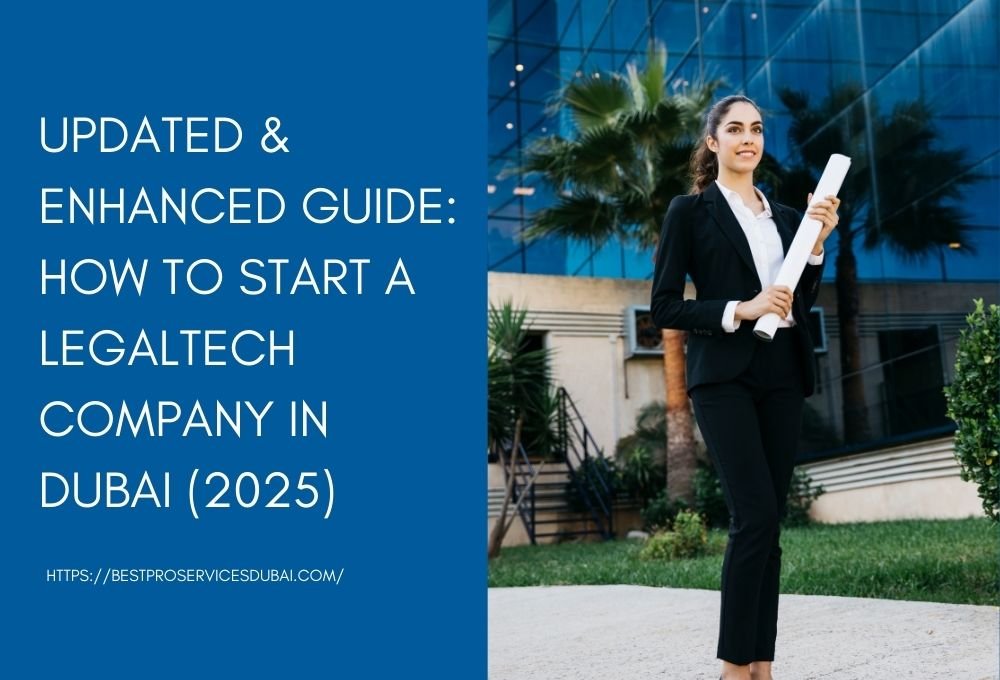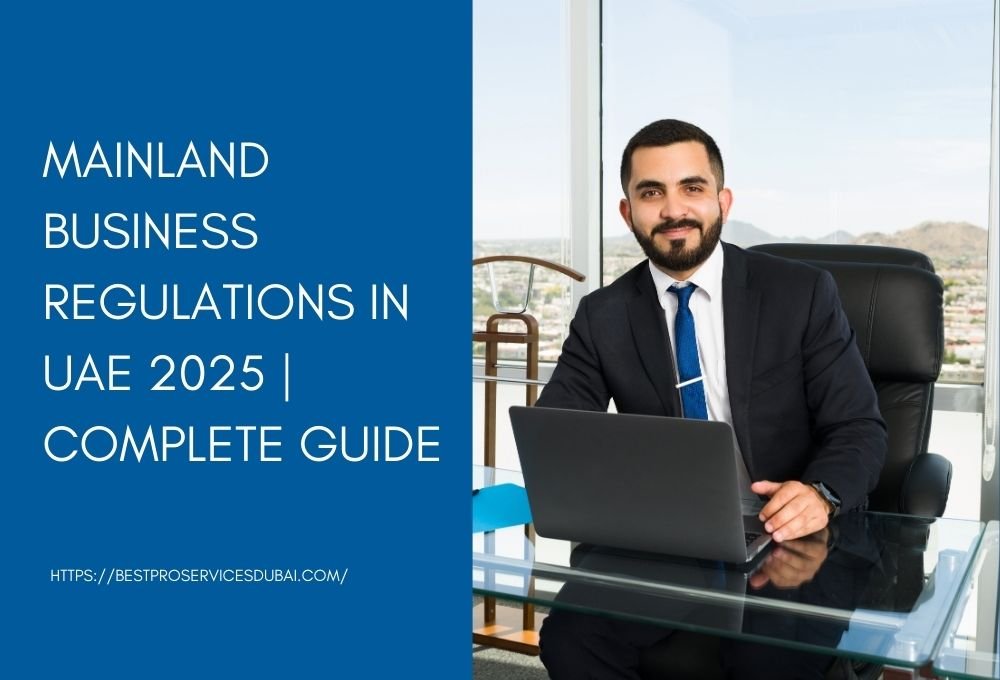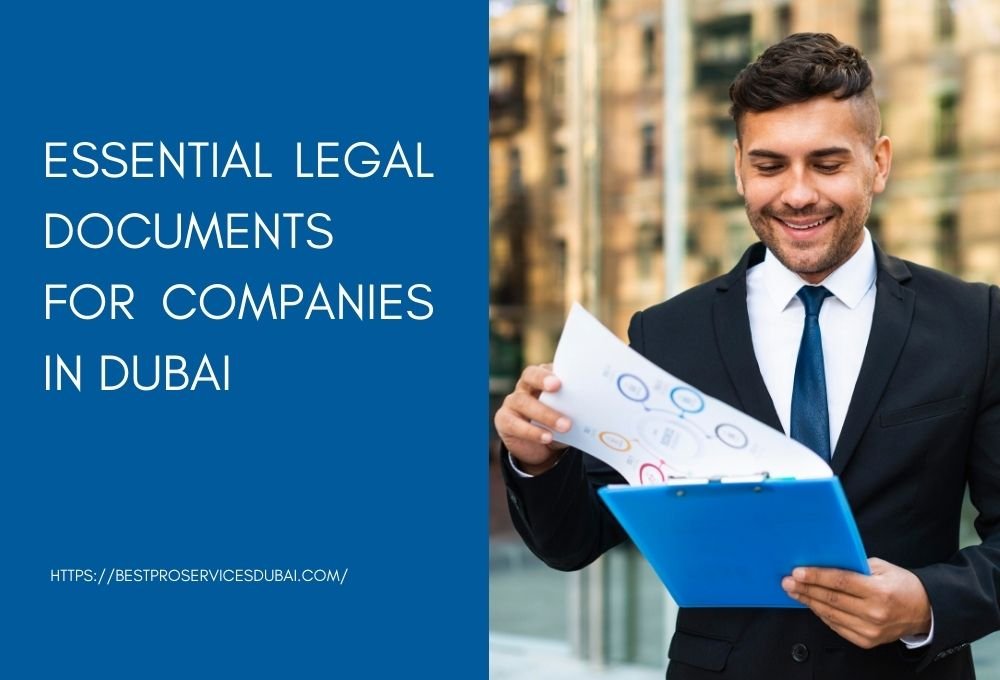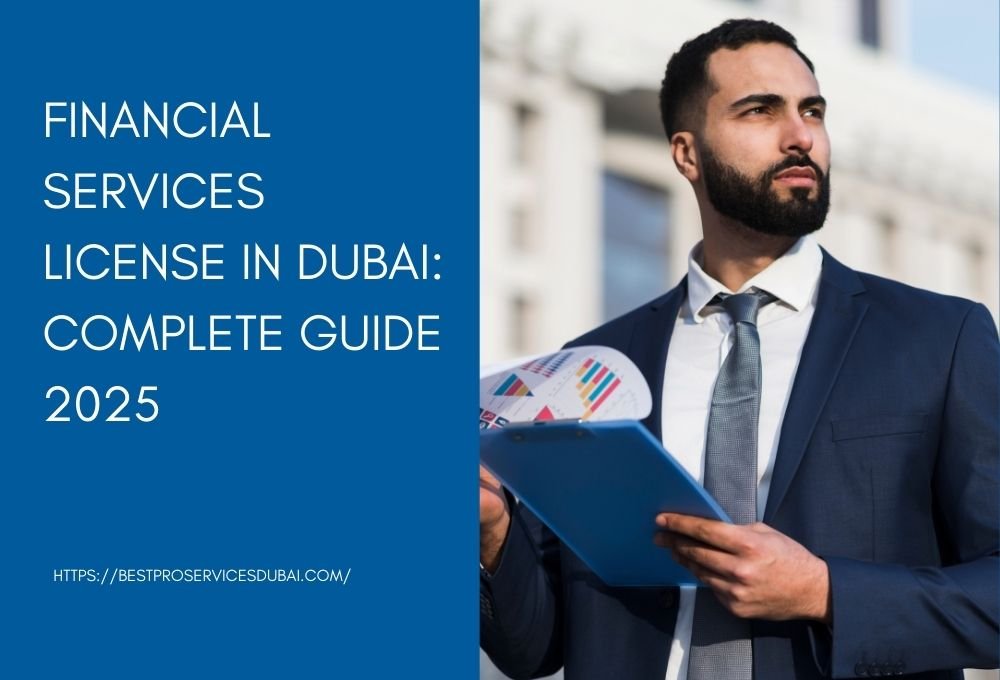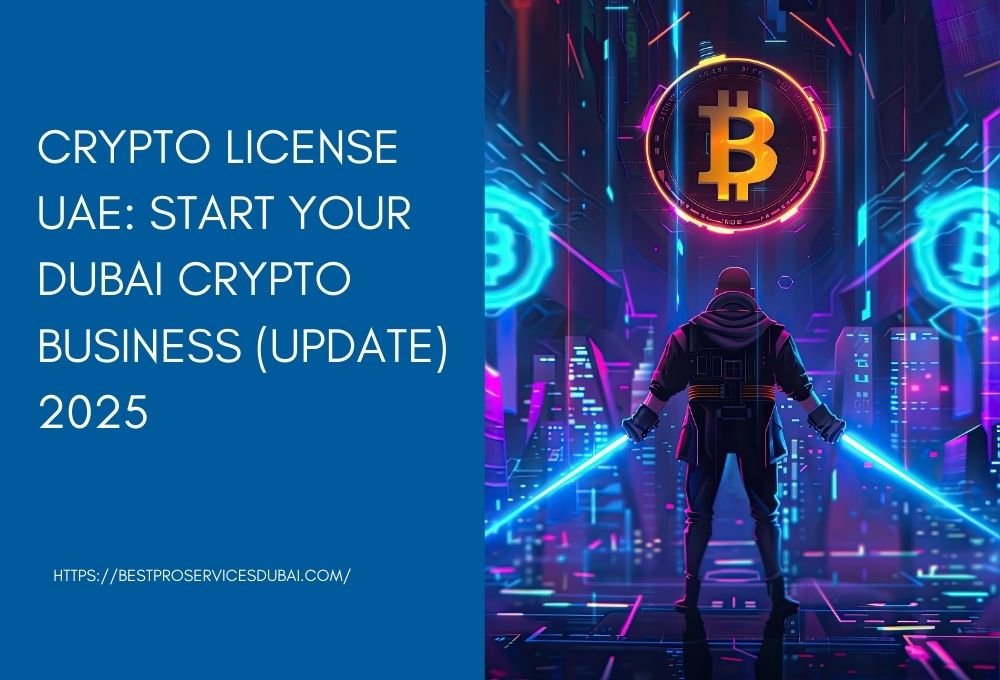Sponsoring Family in the UAE: A Step-by-Step Guide to Dependent Visa in Dubai
Dependent Visa UAE 2025: Easy Guide to Sponsor Family in Dubai Dependent Visa UAE 2025 – Requirements, Costs & Step-by-Step Sponsorship GuideMeta Description: Learn how to sponsor your family with a dependent visa in UAE (2025). Updated salary requirements, documents, costs, renewal process & mistakes to avoid. Introduction: Why Dependent Visas Matter in 2025 Dubai and the UAE have become the top choice for professionals, entrepreneurs, and expatriates from across the world. But moving alone is not enough—most families want to stay united. That’s where the Dependent Visa UAE comes in. In 2025, the rules have become more digital, streamlined, and family-friendly, yet many expats still get confused about the exact salary requirements, documents, or approval process. Making even a small mistake can lead to rejection, delays, or extra costs. This guide is your step-by-step manual—clear, updated, and packed with insights beyond what other websites cover. Whether you want to sponsor your spouse, children, parents, or domestic helpers, you’ll find everything you need right here. What is a Dependent Visa in UAE? A Dependent Visa UAE allows legal residents (expats or nationals) to bring immediate family members under their sponsorship. Once approved, dependents can: Legally reside in the UAE Enroll in schools or universities Access healthcare facilities Open bank accounts Enjoy residency benefits (Emirates ID, SIM, utilities) 👉 In simple words, this visa ensures your family can live with you and enjoy full legal rights while you work or run a business in the UAE. Types of Dependent Visas in UAE (2025 Updated) Dependent Category Eligibility & Salary Requirement Notes Spouse & Children Minimum AED 4,000/month or AED 3,000 + accommodation Sons up to 25 if studying, unmarried daughters at any age Husband (by wife sponsor) AED 10,000/month or AED 8,000 + accommodation Some emirates require wife’s profession to be in education, healthcare, or engineering Parents AED 20,000/month or AED 10,000 + 2-bedroom apartment Mandatory health insurance + annual renewal Children (Special Cases) Divorced, widowed, or single mothers can sponsor Requires additional approval Domestic Helpers AED 25,000+ per month For maids, drivers, nannies, cooks, etc. Documents Required for Dependent Visa UAE Starting a LegalTech company in Dub Here’s a checklist that most applicants miss at least one item from (causing delays): Attested marriage certificate (for spouse) – translated into Arabic Attested birth certificates (for children) Valid passports (6-month minimum validity) Recent passport-sized photos (white background) Sponsor’s passport + valid UAE residence visa copy Salary certificate or labor contract Ejari (tenancy contract) under sponsor’s name Proof of accommodation (minimum 1-bedroom for spouse/kids, 2-bedroom for parents) Valid health insurance policy for all dependents Medical fitness test results (for dependents above 18 years) Emirates ID application form ⚠️ Mistake to Avoid: Submitting documents with expired attestation or without official Arabic translation is the #1 reason for rejection. Eligibility & Requirements for Sponsoring Family in UAE Before applying, make sure you meet all conditions: Minimum Salary: AED 4,000/month or AED 3,000 + company accommodation. Higher thresholds apply for parents and domestic helpers. Housing Requirement: Registered tenancy contract (Ejari). Must match the family size (e.g., 2-bedroom for parents). Employment/Business Status: You must hold a valid UAE residence visa. Certain job titles may be restricted in some emirates. Health Insurance: Mandatory for all dependents before visa submission. GDRFA/ICA Approval: Parent visas and special cases require extra approval. Step-by-Step Dependent Visa Process in Dubai (2025) Entry Permit Application Apply online via GDRFA (Dubai) or ICA (other emirates). Required whether dependents are inside or outside UAE. Change of Status (if inside UAE) For dependents already in UAE on a tourist visa, status must be changed. Medical Fitness Test Required for dependents 18+. Includes blood test + chest X-ray. Emirates ID Application Submit biometrics at ICP service centers. Health Insurance Activation Must be valid before visa stamping. Visa Stamping/Digital Residency Visa sticker (old method) or digital Emirates ID (new system in most emirates). Cost of Dependent Visa UAE (2025 Updated Fees) Service Approximate Cost (AED) Entry Permit 500 – 1,200 Medical Fitness Test 250 – 350 Emirates ID 270 – 375 Visa Stamping 500 – 700 Health Insurance 800 – 2,500+ (varies) Ejari Registration 200 – 250 Typing Centre/PRO Fees 100 – 300 Pro Tip: Always budget AED 5,000–7,000 for a family of 3 to cover all costs smoothly. Dependent Visa Renewal UAE Start 30 days before expiry. Collect updated documents (passport, Emirates ID, tenancy, salary proof). Renew Emirates ID before visa stamping. Medical test again for dependents over 18. Submit renewal via GDRFA/ICA online or through a typing center. ⚠️ Mistake to Avoid: If your dependent stays 6+ months outside UAE, their visa gets cancelled automatically. Taxes & Legal Considerations ✅ No income tax in UAE for dependents. ✅ 5% VAT applies to goods/services. ❌ But some nationalities (e.g., USA citizens) must file taxes abroad. Benefits of Using PRO Services in Dubai While you can DIY, a PRO service saves time and prevents rejections. They handle: Ejari registration Salary certificate attestation Health insurance setup Document typing & Arabic translations GDRFA form submissions Best for business owners & busy professionals who want a stress-free process. Common Mistakes Applicants Make ❌ Submitting expired tenancy contracts❌ Not translating documents into Arabic❌ Forgetting health insurance activation before visa stamping❌ Waiting until after visa expiry to renew (leads to fines)❌ Assuming the same rules apply across all emirates (they differ slightly) FAQs Q1. Can I sponsor my child above 18?Yes. Sons up to age 25 can be sponsored if studying full-time. Daughters can be sponsored at any age if unmarried. Q2. How long does a dependent visa take?Usually 2–4 weeks depending on medical tests, approvals, and emirate. Q3. Can dependents work in UAE?Yes, but they must convert to a work visa under their employer. Q4. Can I sponsor stepchildren?Yes, but you need a No Objection Certificate (NOC) from the biological parent + attested documents. Q5. What happens if I lose my job?Dependent visas are cancelled if the sponsor’s visa is cancelled. However, you get a grace period (60–90 days) to transfer sponsorship.
Sponsoring Family in the UAE: A Step-by-Step Guide to Dependent Visa in Dubai Read More »


